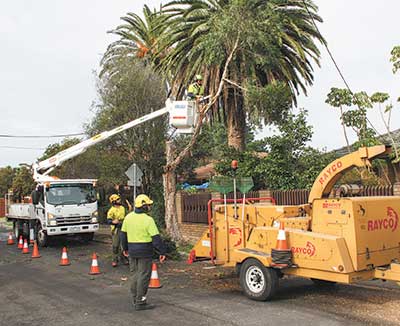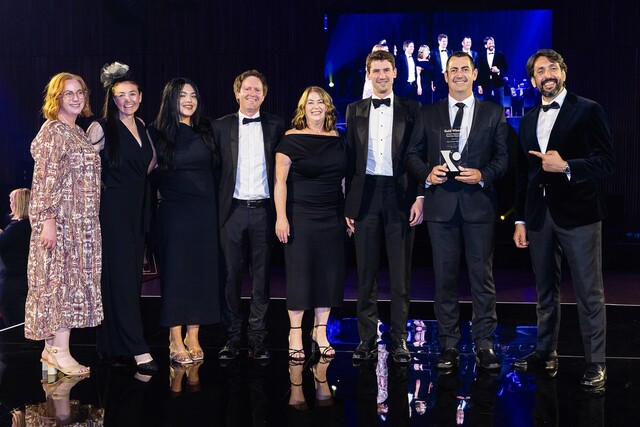Members of Banyule Council’s tree care team donned body monitors last year in a world first research study designed to protect them from injuries related to the wide range of high force, high frequency daily work they do.
Importantly, the study did not simulate tasks in a lab but dealt with real work tasks in the field, such as using chainsaws in a cherry picker, climbing trees, chopping logs and placing them into a wood chipper.
It was also designed from the perspective of a ‘fit for life’ philosophy of maintaining healthy employees rather than putting them under avoidable stress and then having to deal with the related costs and consequences of injuries.
The success of the project, a partnership between Banyule and Deakin University’s School of Exercise and Nutrition Sciences, is now informing sustainable work practices across all the ‘physical’ work areas within Council.
It will bring significant health, wellbeing and financial benefits to individual staff members, Council and ratepayers.
If not treated promptly or correctly, a single injury that escalates has the potential to cost an organisation upwards of $250,000.
This research study, which cost $2,700, resulted in evidence-based decisions reducing the risk of injury, such as:
- changing the way some tasks are performed
- designing exercises for training particular parts of the body to eliminate areas where people might suffer injury and
- identifying through the recruitment process people who may not be suited to specific tasks within the job role.
The study involved identifying how common tasks impacted on various parts of the body, particularly the wrists, neck, shoulders and lower back.
This was done using two different devices fitted to the body: surface electromyography devices measuring the activation of muscles; and inclinometers measuring the angle of the part of the body that it is placed on.
The data, which was analysed by Council’s consultant physiotherapist and ergonomist as well as the Deakin University, is already being shared with the local government sector, the arboriculture industry, and peak industry bodies.
The research has implications both nationally and globally.
The project was a clear reflection of the constructive consultative culture at Banyule, which highly values workforce engagement, and its commitment to working with leaders in high performance research to attain excellence, both for itself and the wider local government sector, and contribute to ongoing study in important areas of work.

















